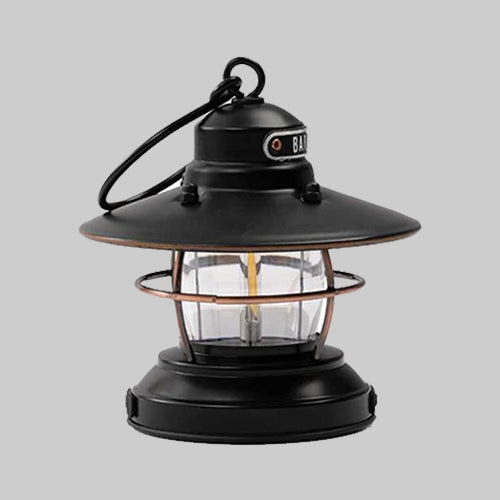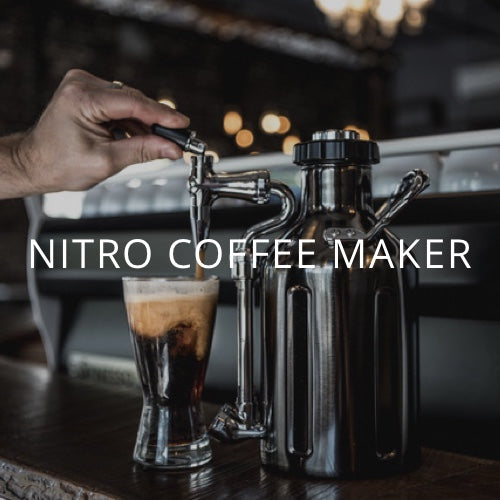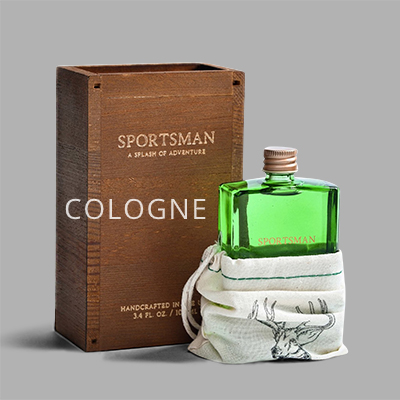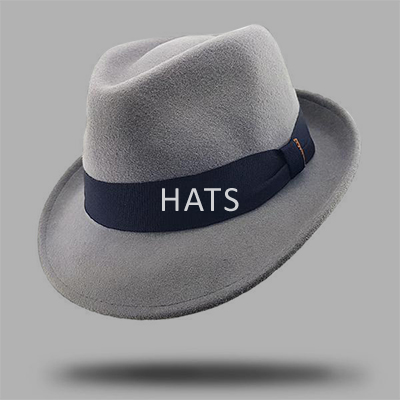Ihr Warenkorb ist leer
- Gallantoro
- GrowlerWerks
- Subsoccer
- Maxx & Unicorn
- Sonic Editions
- Misc. Goods Co.
- Revomax
- Misc. Goods Co. Mordéco
- Goorin Bros.
- Saxon telescopes
- Witt Pizza Ovens
- Stella Table Football
- Ziipa Pizza Ovens
- Authentic Models
- Moore & Giles
- Stanton Hats
- Chesterfield Whisky Firm
- Luminox
- Smithey Ironware
- Amalgam Collection
















